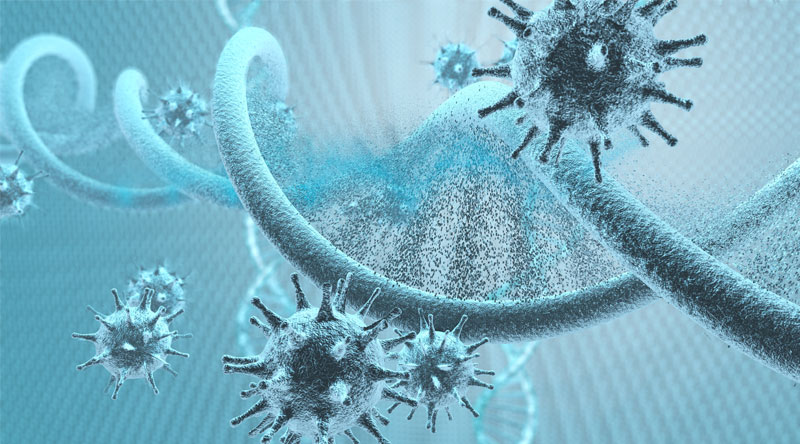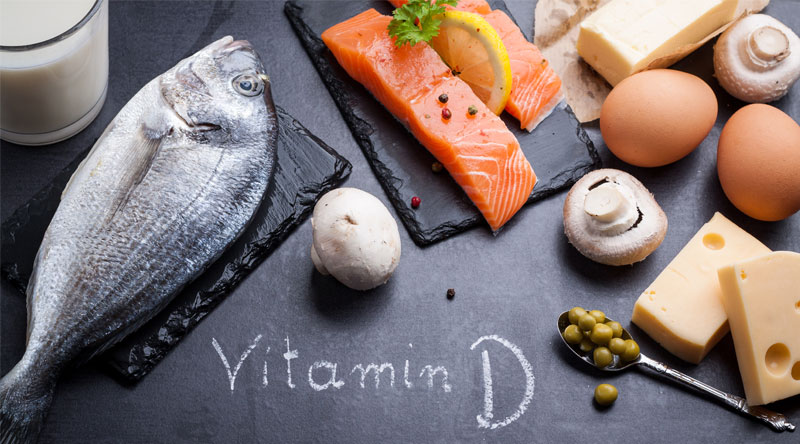- Home
- Growth Hormone
- Growth Hormone
- Growth Hormone Deficiency
- Growth Hormone Therapy
- Growth Hormone Injections
get startedThe Most Effective Hormone Replacement TherapiesBoosting Your Immune System is Your Best Defense Against the Coronavirus
Everyone is wondering “what can I do to protect myself from the coronavirus?”
The best thing you can do to protect yourself and your family from the coronavirus is to practice good hygiene, and boost your immune system!
The immune system protects us from infections with layers of defenses to heal and ward off sickness, disease and inflammation.
Basically, the immune system is a network of specialized cells, tissues, proteins, and organs that work together to protect the body from all potentially damaging external invaders or diseases. When our immune system functions properly, it detects threats such as bacteria, parasites and viruses. It will then trigger an immune response to destroy them. But, like any system or machine, the better shape it is in, the better it can do its job!
Here are five healthy habits you should start right now to boost your immune system, especially during the current coronavirus crisis.
- Wash Your Hands – One of the simplest and most effective things you can do to boost your immune system, and avoid disease, is to wash your hands. This may sound like a “no-brainer”, but too few people actually wash their hands well enough to eliminate illness-causing bacteria. In fact, one study recently published in the Journal of Environmental Health observed the hand-washing behavior of nearly 4,000 people and found that as many as 95 percent don’t wash their hands for a long enough time after going to the bathroom.
- Eat More Veggies – All fruits and vegetables are beneficial for our health, but some can do more for our immune system than others. The cream of the crop are the ones rich in color, as they tend to have more nutrients, says Roger Adams, PhD, personal trainer, doctor of nutrition . “The more colors, the more antioxidants, which the body uses to fight off free radicals that may contribute to cellular damage,” he says. “Also, these foods are loaded with vitamins and minerals essential for a healthy immune system.”
- Be Sure to Have Some Protein at Breakfast – Protein is a vital nutrient for many reasons. It helps the body build and repair tissue, and it’s also the centerpiece of a healthy immune system, says Adams. Research has shown that protein from high-quality sources (i.e. lean meat) is essential for optimal health. “If protein intake is poor, it can impair the body’s ability to make antibodies, large proteins produced by the immune system in response to the invasion of foreign molecules,” Adams says. “Without sufficient protein to make antibodies, the immune system loses its ability to fight infections.”
- Quit Smoking and Avoid Second Hand Smoke – The toxins in cigarette smoke are hell on your immune system, so if you smoke, quit! Even if you do not smoke, avoid second hand smoke. Even if you don’t smoke, you may suffer from the damage it can cause to parts of your immune system if you are exposed to it secondhand, according to the Centers for Disease Control and Prevention. Try to avoid places where you’ll be exposed to secondhand smoke, and ask others around you to get in the habit of going outside if and when they smoke.
- Get a Good Night’s Sleep – Sleep is absolutely essential to a healthy, functioning immune system. A good night’s sleep can boost the efficiency of T cells in the body, a type of white blood cell that helps the body fight off viruses. Many people stay up late and miss the opportunity to boost their immunity by proper sleep hygiene. The adrenal glands, which produce cortisol (the stress hormone), epinephrine and norepinephrine, get disrupted by poor or inadequate sleep, which, in turn has a negative impact on the immune system.
Specific Dietary Changes to Improve Your Immune Response
In addition to the improved eating habits mentioned in numbers 2 and 3 above, here are some very specific immune boosting nutrients to be sure to add to your diet.
- Citrus fruits have long been known for their help in the prevention of respiratory issues such as colds and flu, and it turns out that it is not only because they are high in vitamin C. These fruits also contain compounds known as limonoids. Extracts made from limonoids found in citrus fruits have been found to protect lung tissue and reduce mucus build-up typical of sufferers of colds, flu and other chronic respiratory or lung conditions.
- The antioxidants found in many fruits and vegetables such as vitamins C, A and E, can minimize the severity of flu symptoms, can improve breathing, and can also reduce asthma symptoms and reduce damage to bronchial tissues.
- Magnesium is an important nutrient that has been identified as calming the symptoms of asthma, respiratory infections, and improving lung function overall.
- Selenium, a mineral similar in its effects in the body to magnesium, also has been shown to have a positive effect on breathing, especially as related to the prevention of sinus and cold infections.
- Zinc has been shown to possibly shorten how long colds last and their severity.
- Vitamin B6 is essential to a healthy immune system. B6 helps the body fight off all sorts of infections, and therefore may be helpful in boosting the body’s resistance to colds, flu, and other respiratory infections.
- Folic acid, another B vitamin (B9) also has been shown to help fight off respiratory infections. In fact many believe it is the folic acid, and not the vitamin C in orange juice that give it its cold fighting ability.
- Quercetin, a powerful antioxidant found in onions has been linked to the prevention of lung cancer. Fresh garlic as well, may prevent many respiratory ailments.
- Resveratrol and the other anti-inflammatory agents found in red wine that have been shown to lessen the risk of heart disease, may have a similar effect in preventing, or lowering the risk of Respiratory Infections.
- Carvacrol and Thymol two oils found in thyme and oregano have been found to loosen phlegm in the lungs and relieve mucus build- up typical of flu.
A Special Note About Vitamin D
We cannot have any discussion about boosting immuno-health, without talking about vitamin D. This is especially important now, since the number one source of vitamin D is sunlight, and with orders to stay home during the virus outbreak, many are getting less sun exposure than usual.
Vitamin D is a fat-soluble vitamin, which means it is absorbed through the small intestine with dietary fat and is stored in body tissues. Vitamin D is largely responsible for maintaining a healthy level of calcium in the blood, and it also enhances the absorption of calcium. This is why most people associate vitamin D with its ability to improve and maintain strong teeth and bones. But the many health benefits of vitamin D go well beyond bone health, particularly for men. Vitamin D also plays a vital role in the development of skeletal muscle, which means that adequate amounts of vitamin D are essential for maintaining mobility, and optimizing muscle strength and performance as you age.
Researchers in Germany found that vitamin D can improve your immune function by as much as 5 times. Because of its ability to kick-start your immune system, many believe that Vitamin D is more effective at preventing seasonal flu, than any vaccine. Ceratinly it is vital in strengthening your immune system to fend off coronavirus infection, or minimize symptoms should you get it.
While vitamin D is in some foods, it main source remains sunlight, so even in these times of sheltering-in-place, you need to get out, and get some sun exposure. If that is not practical for your individual situation, an effective way to boost your vitamin D levels is to take a daily supplement. We recommend taking at least 800 IU of vitamin D3 per day. D3 is the form that is stored by your body, so vitamin D3 supplements tend to be the most effective.
Doing all of these things does not guarantee that you will not contract the coronavirus, or any other disease for that matter, but a powerful immune system is your best defense against the many toxins and pathogens out there that can do your body harm!
read this next
- Growth Hormone Therapy


























